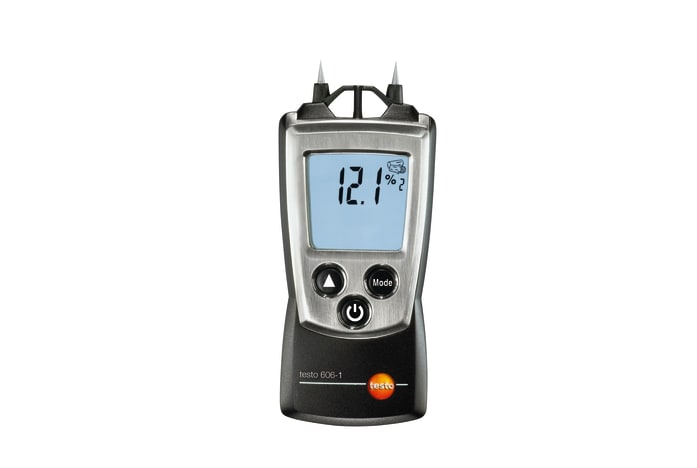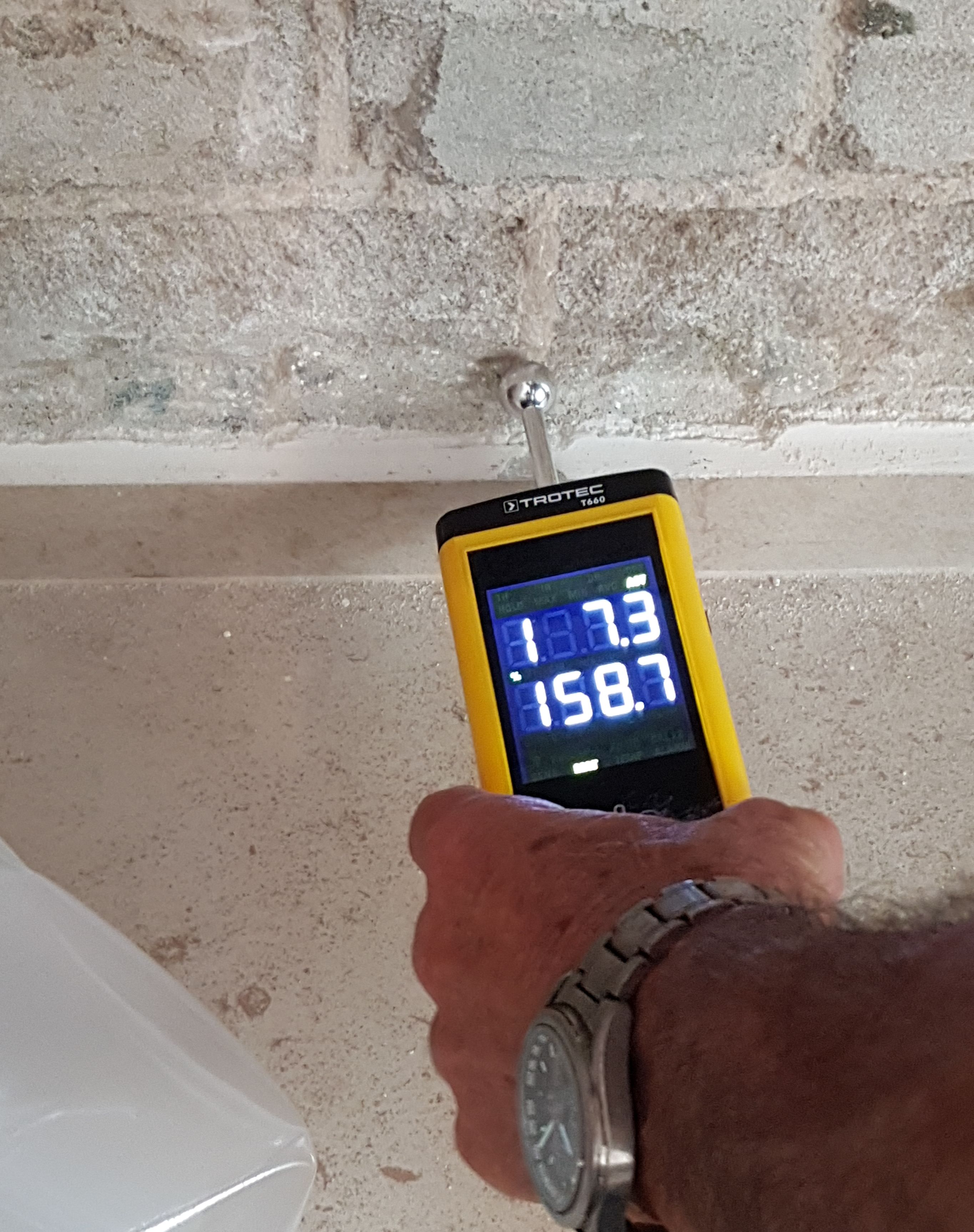The Ultimate Guide to Moisture Meters: A Comprehensive Summary and How They Can Conserve You Money
In the world of structure maintenance, building and construction, and various markets, the importance of accurately determining moisture degrees can not be overemphasized. Moisture meters offer as vital devices in spotting and keeping an eye on moisture material in products, aiding in avoiding expensive problems and making sure the top quality of items. Comprehending the nuances of various sorts of dampness meters, their applications, and the possible cost-saving benefits they use can be a game-changer for specialists and services alike. Finding exactly how these tools can not only streamline processes yet likewise add to monetary savings is a trip worth starting.
Sorts Of Moisture Meters
Different kinds of dampness meters are available for various applications in different markets. One typical type is the pin-type moisture meter, which measures the electric resistance between two pins placed right into a product. This kind is appropriate for timber, drywall, and other building materials. Pinless moisture meters, on the various other hand, usage electro-magnetic sensor plates to check a bigger location without creating damage to the product's surface area. These meters are perfect for promptly evaluating dampness degrees in big locations such as wall surfaces and floors.
Infrared dampness meters gauge the thermal properties of a product to determine its moisture content non-invasively, making them useful for applications where pin or pinless meters might not be appropriate. Comprehending the various kinds of wetness meters offered can help sectors pick the most proper device for their details wetness measurement demands.

Benefits of Making Use Of Moisture Meters

In addition, using wetness meters can cause enhanced power performance. By recognizing areas with high moisture levels, such as leaks or poor insulation, modifications can be made to improve power preservation and decrease utility expenses. In farming settings, wetness meters play a critical role in optimizing crop yields by allowing farmers to keep an eye on dirt dampness degrees and make informed irrigation decisions. In general, the benefits of using moisture meters span throughout numerous sectors, giving cost-efficient remedies and advertising far better quality control practices.
How to Pick the Right Moisture Meter
Picking the proper wetness meter involves thinking about essential factors such as product compatibility, measurement range, and calibration precision. When selecting a wetness meter, it's vital to make sure that the meter is ideal read this post here for the certain material you will certainly be testing. Various materials have differing electrical homes that can affect wetness readings, so choosing a meter made for your material is crucial for exact results. In addition, consider the dimension variety of the dampness meter. Guarantee that the meter can detect wetness degrees within the variety needed for your applications. Calibration accuracy is an additional crucial variable to remember (Moisture Meter). Go with a moisture meter with dependable calibration to make certain accurate and regular analyses. Some meters may require routine calibration modifications, so recognizing the calibration process is very important. By meticulously assessing these aspects, you can choose a dampness meter that meets your needs and offers precise moisture measurements for your jobs.
Correct Strategies for Moisture Meter Usage
To guarantee exact wetness readings and maximize the efficiency of a moisture meter, using proper strategies is necessary. When using a pin-type dampness meter, insert the pins or probes right into the product being checked until they make complete contact. By complying with these proper strategies, individuals can rely on their dampness meter to give credible dampness levels, assisting in protecting these details against costly damages or making sure high quality in different applications.

Expense Savings Via Moisture Meter Applications
How can the strategic usage of wetness meters lead to substantial price savings across various markets? In the farming market, dampness meters help in determining the optimal time for harvesting crops, stopping excess or over-drying dampness that can influence the last item's top quality.

Additionally, in the food processing industry, moisture meters are vital for keeping an eye on item top quality and making sure conformity with safety laws. By precisely determining dampness web content in foodstuff, suppliers can stop perishing, keep freshness, and decrease waste, resulting in significant cost financial savings. On the whole, the critical application of dampness meters is a useful investment that can result in substantial price decreases and boosted effectiveness throughout various markets.
Conclusion
Finally, dampness meters are useful tools for gauging and finding wetness degrees in different products. By making use of the appropriate moisture meter and adhering to appropriate strategies, individuals can efficiently prevent expensive problems triggered by excess moisture. Purchasing a quality dampness meter can result in substantial expense financial savings over time by identifying possible issues beforehand and allowing punctual remediation. Inevitably, moisture meters are crucial tools for keeping the stability and long life of materials and structures.
Moisture meters serve as important devices in spotting and keeping an eye on moisture web content in products, aiding in avoiding expensive problems and making certain the quality of products. Infrared moisture meters determine the thermal buildings of a material to determine its moisture material non-invasively, making them helpful for applications where pin or pinless meters might not be appropriate.Dampness meters supply invaluable advantages in accurately evaluating and keeping an eye on wetness degrees in varied materials and environments. In agricultural setups, wetness meters play a critical duty in enhancing plant returns by allowing farmers to keep track of soil moisture levels additional reading and make educated irrigation decisions.In verdict, dampness meters are beneficial devices for spotting and measuring dampness levels in various materials.